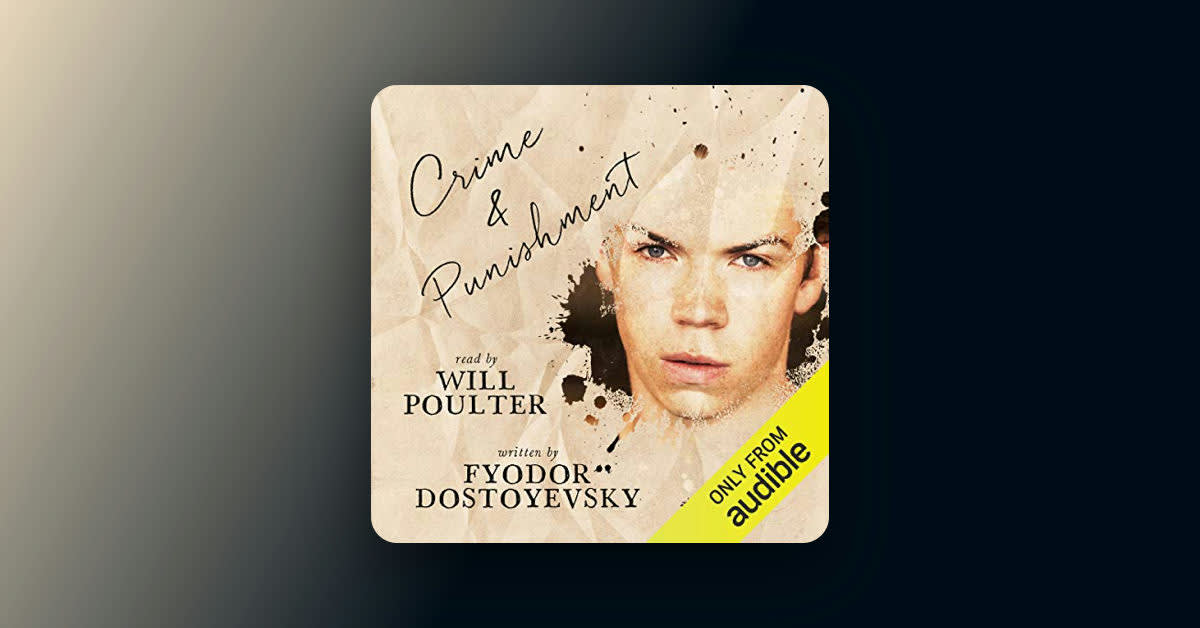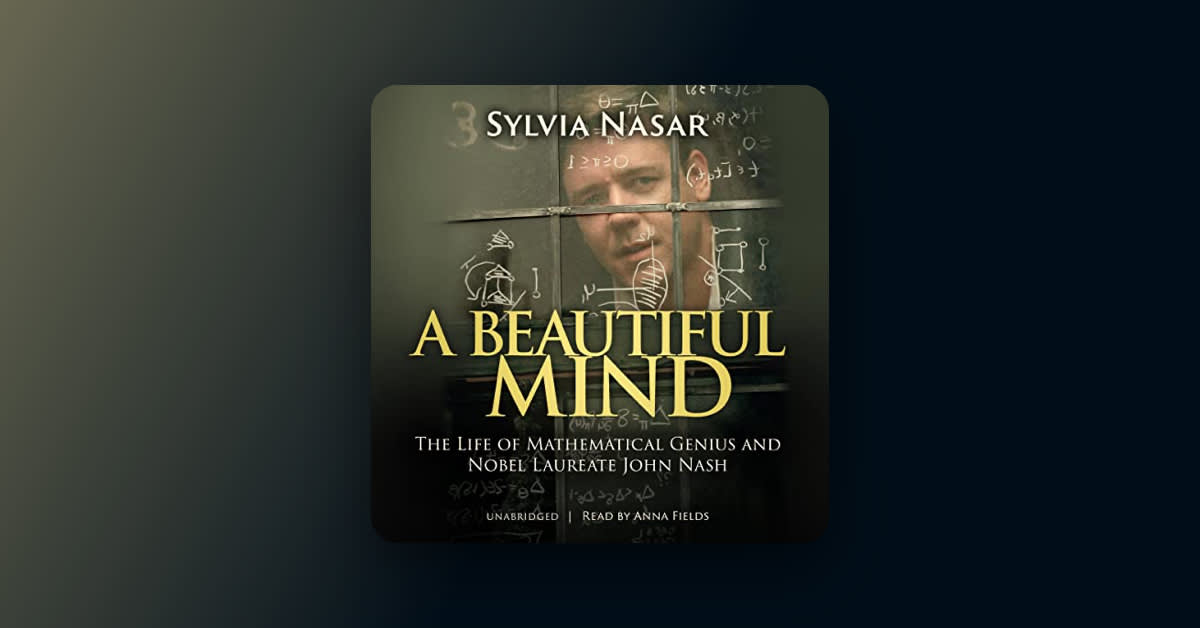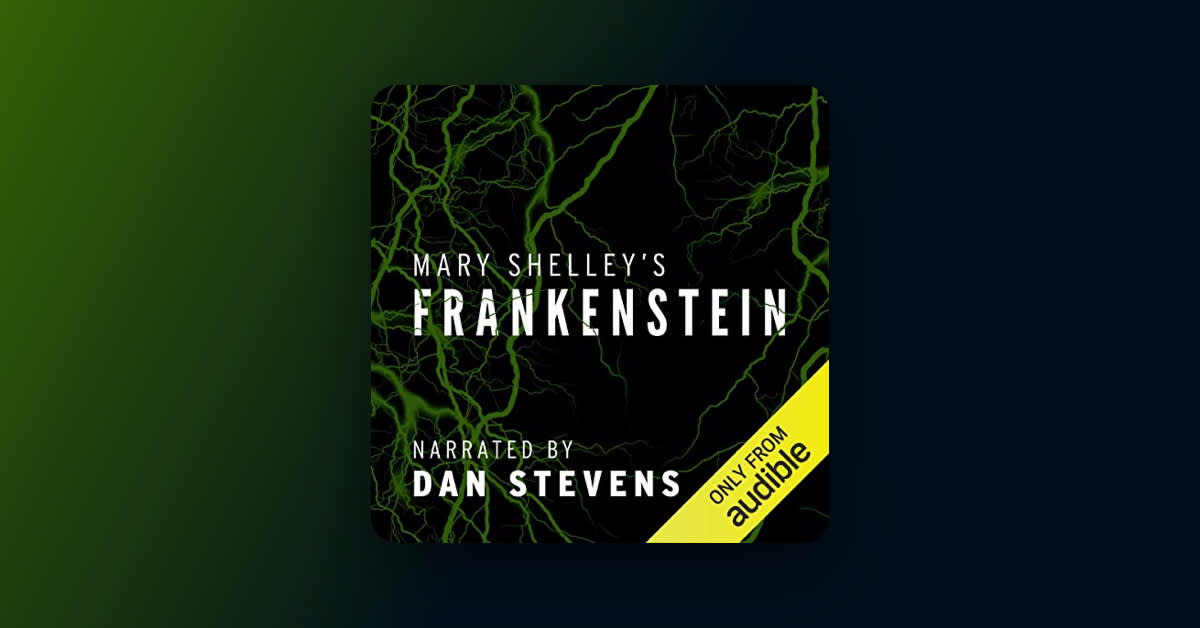Why it’s essential
Often hailed as one of the greatest works of world literature, Crime and Punishmentestablished Fyodor Dostoyevsky as fiction’s foremost psychologist and continues to influence writers of psychological thrillers and murder mysteries.
Featured in Essential Russian authors to know in audio.
What is Crime and Punishment about?
Crime and Punishment traces the anguish, guilt, and moral dilemmas of Rodion Raskolnikov, an impoverished former law student in Saint Petersburg, who follows through on his plan to murder an unscrupulous elderly pawnbroker and winds up killing her innocent half-sister as well.
Editor’s review
Mysia is a book person who loves escaping into twisty mysteries and contemporary fiction driven by complicated characters.
Among my top favorite contemporary mystery writers are Tana French, whose outstanding Dublin Murder Squad series blends elements of psychological thrillers and police procedurals; Alex Michaelides, whose debut bestseller, The Silent Patient, is a brilliant, gripping whodunit—and a chilling whydunit too; and Gillian Flynn, whose novels, particularly Gone Girl, draw us into the minds and machinations of highly intelligent, deeply troubled, morally ambiguous characters driven by anger. Fyodor Dostoyevsky is recognized as one of the greatest writers of all time, and his works transcend genre fiction. Yet, Crime and Punishment has all the hallmarks of today’s best psychological thrillers and detective mysteries. And that’s why I’m such a fan of this riveting literary classic, first published in Russia in 1866.
In Crime and Punishment, there’s no mystery about the identity of the murderer—it’s Rodion Raskolnikov, the protagonist, and the novel, while using a third-person narrative, focuses primarily on his perspective. The real mystery is his motive, and the tension comes from whether he’ll continue to justify his actions and struggle with his guilt—or confess to murdering two women.
A former law student in his early 20s, Raskolnikov is destitute and despondent. He lives alone in a cupboard of a room in St. Petersburg, where he sits, seethes, and seizes on the idea of murdering Alyona Ivanovna, an elderly pawnbroker who thrives on the desperation of students who can barely keep up with the cost of tuition and rent. Once the old woman is dead, he plans to help himself to the money and valuables stashed in her flat, which will enable him to break free from poverty and go on to perform great deeds. In Raskolnikov’s mind, he would be committing murder for the greater good of society, convincing himself that certain crimes are justifiable if they remove obstacles to the higher goals of "extraordinary" men, like himself.
Two events push Raskolnikov over the edge. In a tavern, he meets a drunkard who has squandered his meager fortune, forcing his daughter, Sonya, to become a prostitute to feed the family. The next day, he learns, through a letter from his mother, that his beloved sister, Dunya, who has been working as a governess for a lecherous man, has accepted an offer of marriage from an arrogant, domineering lawyer, as a way to both escape her vulnerable position and ease her family’s dire financial straits. Enraged by his sister’s sacrifice, comparing it to Sonya’s, and ashamed of his own impotence, Raskolnikov vows to move forward with his murderous plan. He starts by stealing an axe.
By this time, Raskolnikov has eaten barely anything for two days. His disheveled appearance reflects his state of mind. That evening, he makes his way to the pawnbroker’s flat and rings the bell several times. When Alyona finally opens the door a crack, he forces his way inside, claims he has a silver cigarette case to pawn, and thrusts a carefully wrapped package into her hands. While she is occupied with unwrapping it, he takes the axe and strikes her in the head with the blunt end, again and again. As soon as the old woman falls to the floor, Raskolnikov rifles through her pockets, finding her purse and some keys, and sets out to hunt for treasures. Suddenly, he hears footsteps in the entranceway and is shocked to see Alyona’s half-sister Lizaveta standing over the dead body. He takes the axe again and strikes Lizaveta with one heavy blow, splitting her skull in two. Then, the doorbell rings. Horrified, Raskolnikov stuffs the purse and a few items in his pockets and finds a hiding place. When the murders are discovered, he slips out of the flat, unnoticed, and returns to his tiny room.
Part one ends with the crime. The rest of the book—parts two through six—deals with the punishment. The detective tasked with solving the murders, Porfiry Petrovich soon suspects Raskolnikov but lacks evidence. As Raskolnikov becomes increasingly racked with guilt, Petrovich uses psychological means, escalating his suspect’s dazed and unhinged state in the hopes of goading him into a confession. But Crime and Punishment is about much more than a cat-and-mouse game. Through Raskolnikov’s internal torment and his relationships with other characters—the vulnerable and empathetic young prostitute, Sonya; his beautiful, strong-willed sister, Dunya, and the two reprehensible men determined to claim her; and his loyal friend, the honorable and resourceful Razumikhin—Dostoyevsky raises questions about what makes a person "good" (morally) or "extraordinary," and whether even the most noble humanitarian ends ever justify cruel and evil means. In our current political climate and social media landscape, such thorny questions—and our answers—matter.
Crime and Punishment is definitely an epic, and the audiobook runs just over 22 hours. With talented actor Will Poulter at the mic, however, you’ll find it hard to stop listening. And afterwards, you’re bound to keep thinking about Dostoyevsky’s take on immorality, the danger of both desperation and hubris, and the power of a guilty conscience.
Did you know?
Dostoyevsky originally conceived Crime and Punishment as a novella, motivated by his need for money. At the time, the author was heavily in debt, largely due to gambling, and trying to help the family of his brother Mikhail, who had died in 1864. As a last resort, he appealed to the publisher of the prestigious, conservative monthly journal, The Russian Messenger, and asked for an advance on his proposed contribution. The first part of what eventually became his second major novel was published in the January 1866 issue of the journal, with the last part appearing nearly a year later, in the December 1866 issue. Shortly afterward, Dostoyevsky published a semiautobiographical short novel, The Gambler.
Crime and Punishment was influenced by Dostoyevsky’s survival of a terrifying hoax. On December 22, 1849, at age 27, he faced death by firing squad as a convicted political dissident. After all 21 condemned men were brought to the town square and forced to kneel and kiss the cross, the first three were tied to pillars and blindfolded, awaiting execution. Right after the "Prepare to fire!" shout went out, an envoy arrived with a pardon from Tsar Nicholas I. This wasn’t a last second show of mercy. It was a mock execution, staged with the purpose of striking fear—and then gratitude—in the hearts of the prisoners. As a result, a few of the men went insane. After serving a four-year sentence of hard labor in Siberia and then another five years in the army, Dostoyevsky went back to writing, with a profound understanding of psychological torment, punishment, and redemption.
Upon its publication, Crime and Punishment received widespread attention—but not everyone was a fan. Among those less than enthused were financially struggling and politically radical students, who took issue with the novel for seemingly portraying them as homicidal lunatics.
What listeners said
"Will Poulter is phenomenal. Really did the novel justice. I’m also glad he read the Constance Garnett translation, which is my favorite compared to the newer ones." —Daniel, Audible listener
"Very few audiobook narrators have everything it takes to make listening as immersive and transformative as the book, but Will Poulter is burning the house down on here!" —Diana, Audible listener
"It is rare that one of the most exceptional books receives one of the most exceptional narrations but this title did just that. Incredible performance brings justice to the author." —Dan, Audible listener
"Will Poulter does an amazing job of bringing each character to life. The novel itself is truly a masterpiece!! I wish I spoke Russian and could have read it in its original form ... This was truly world changing and masterfully done!" —Mariseldv, Audible listener
Quotes from Crime and Punishment
"To go wrong in one's own way is better than to go right in someone else's."
"Pain and suffering are always inevitable for a large intelligence and a deep heart."
"We sometimes encounter people, even perfect strangers, who begin to interest us at first sight, somehow suddenly, all at once, before a word has been spoken."
"It takes something more than intelligence to act intelligently."
"A hundred suspicions don't make a proof."
"When reason fails, the devil helps!"
Adaptations
Crime and Punishment has been adapted into numerous movies and television series in countries around the world, including Russia, India, Sweden, France, Croatia, Australia, Great Britain, and the US. Among the earliest adaptations is the 1923 silent film Raskolnikow, helmed by German director Robert Wiene. More recent adaptations include a 1998 American made-for-television movie, starring Patrick Dempsey as Raskolnikov and Ben Kingsley as Detective Porfiry, and the 2002 two-part BBC drama, which earned John Simms critical acclaim for his portrayal of the anguished law student turned axe murderer.
About the author
Born in Moscow on November 11, 1821, Fyodor Dostoyevsky is widely regarded as one of the world’s most influential novelists. Literary modernism, existentialism, various schools of theology, and modern psychology have been profoundly shaped by his ideas. His works emphasize timeless philosophical, religious, and psychological themes while also reflecting the complicated social and political environment of 19th-century Russia. His best known works of fiction include the novella Notes from the Underground and four long novels: Crime and Punishment, The Idiot, The Possessed, and The Brothers Karamazov. In his own time, he was renowned as much for the major events of his life—radical political activity, a mock execution, imprisonment in Siberia, and epileptic seizures—as his work. He died in St. Petersburg on February 9, 1881.
About the translator
Constance Garnett grew up in Brighton, England; studied Latin and Greek at Newham College, Cambridge, on a government scholarship; and worked as a governess and then a librarian before finding her passion for Russian literature. In the summer of 1891, pregnant with her only child, she was introduced by her husband, who made his living as a publisher's reader, to the Russian exile Feliks Volkhovsky. He began teaching her Russian, and she fell in love with the language. Over the next four decades, Garnett produced English-language translations of works by Anton Chekhov, Ivan Turgenev, and Leo Tolstoy, among others, and was the first to translate nearly all of Fyodor Dostoyevsky's fiction into English. Altogether, she translated 71 volumes of Russian literature, many of which are still in print today. She died in 1946 at the age of 84.
About the performer
Will Poulter is a British actor known for his roles in the dystopian science fiction film trilogy The Maze Runner (2014–2018), the period epic film The Revenant (2015), the interactive science fiction film Black Mirror: Bandersnatch (2018), the folk horror film Midsommar (2019), and the Hulu miniseries Dopesick, for which he received an Emmy nomination. In 2023, he joined the Marvel Cinematic Universe as Adam Warlock in Guardians of the Galaxy Vol. 3. In addition to Crime and Punishment, his audiobook performances include John Lanchester's chilling fable The Wall.







